Artificial Intelligence and Cognitive Science
Home of internationally recognized research in artificial intelligence and cognitive science, Rochester is uniquely positioned to advance our understanding of how the brain makes sense of the world.
Modeling and replicating human perception is one of the most ambitious and exciting domains in data science and Big Data.
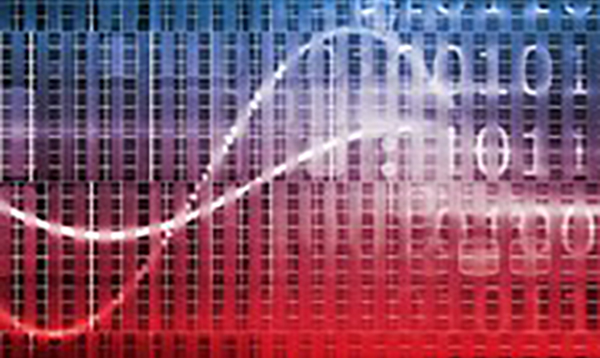 Parallel Computing: Computer scientists and electrical and computer engineers are developing computational systems that will drive gene sequence and protein structure discovery, as well as a variety of other clinical outcomes and processes.
Parallel Computing: Computer scientists and electrical and computer engineers are developing computational systems that will drive gene sequence and protein structure discovery, as well as a variety of other clinical outcomes and processes.
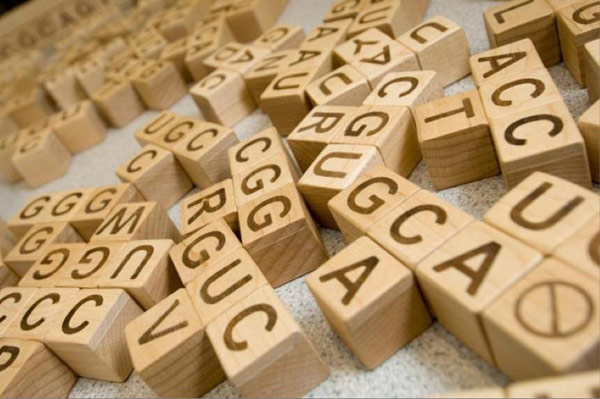 Understanding Pragmatics: Computer scientists and cognitive scientists at the University of Rochester are using data science to help make the world a better, more connected, and healthier place.
Understanding Pragmatics: Computer scientists and cognitive scientists at the University of Rochester are using data science to help make the world a better, more connected, and healthier place.
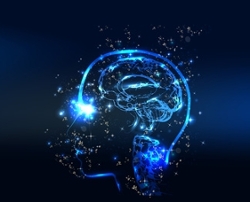 Efficient Communication: Using an artificial language in a carefully controlled laboratory experiment, a team from the University of Rochester and Georgetown University has shown that many changes to language are simply the brain’s way of ensuring that communication is as sufficiently precise and concise as possible.
Efficient Communication: Using an artificial language in a carefully controlled laboratory experiment, a team from the University of Rochester and Georgetown University has shown that many changes to language are simply the brain’s way of ensuring that communication is as sufficiently precise and concise as possible.
 Teaching Social Skills: Using his expertise in computer science, machine learning, and artificial intelligence, Ehsan Hoque, assistant professor of computer science, has since created an automated conversation assistant that senses body language and emotion.
Teaching Social Skills: Using his expertise in computer science, machine learning, and artificial intelligence, Ehsan Hoque, assistant professor of computer science, has since created an automated conversation assistant that senses body language and emotion.
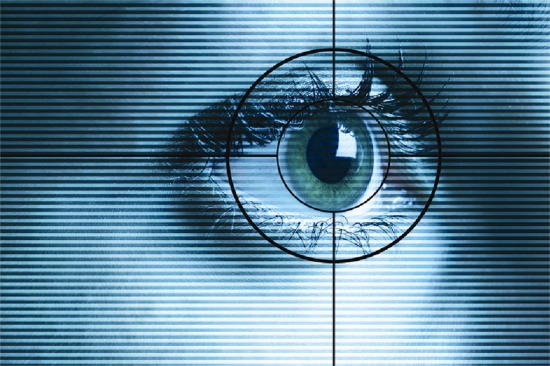 Training Residents: Along with Yousef Khalifa, associate professor of ophthalmology at the University’s Flaum Eye Institute, Jiebo Luo, associate professor of computer science, is working on an advanced machine vision program to help train residents who are learning to perform cataract surgery.
Training Residents: Along with Yousef Khalifa, associate professor of ophthalmology at the University’s Flaum Eye Institute, Jiebo Luo, associate professor of computer science, is working on an advanced machine vision program to help train residents who are learning to perform cataract surgery.
 Assisting in the Lab: Dan Gildea, associate professor of computer science, Henry Kautz, professor of computer science, and Jiebo Luo are using their collective expertise in computer science, computational linguistics, machine learning, and computer vision to build an automated wet lab assistant.
Assisting in the Lab: Dan Gildea, associate professor of computer science, Henry Kautz, professor of computer science, and Jiebo Luo are using their collective expertise in computer science, computational linguistics, machine learning, and computer vision to build an automated wet lab assistant.
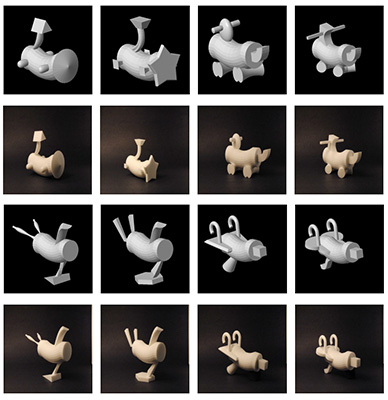 Understanding Concepts: Professor of Brain and Cognitive Sciences Robert Jacobs’s work bridges cognitive and computer sciences by using experimental and computational methods to study human perception, learning, memory, and decision-making.
Understanding Concepts: Professor of Brain and Cognitive Sciences Robert Jacobs’s work bridges cognitive and computer sciences by using experimental and computational methods to study human perception, learning, memory, and decision-making.
 Translating Languages: Computer scientists and linguists have created automated translation programs that can roughly translate back and forth in many of the world’s major languages. These programs are steadily improving, thanks to the work of researchers like Associate Professor of Computer Science Dan Gildea and his colleagues at the University.
Translating Languages: Computer scientists and linguists have created automated translation programs that can roughly translate back and forth in many of the world’s major languages. These programs are steadily improving, thanks to the work of researchers like Associate Professor of Computer Science Dan Gildea and his colleagues at the University.
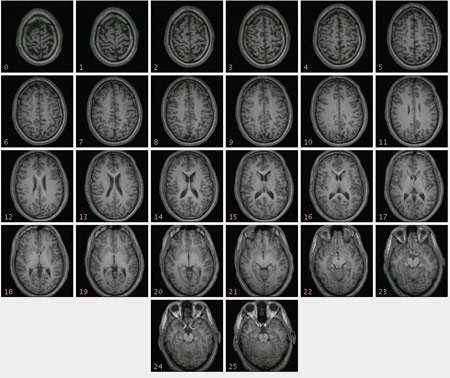 Organizing Knowledge: Rajeev Raizada, assistant professor of brain and cognitive sciences, uses functional magnetic resonance imaging (fMRI) analysis in order to understand the way the brain encodes and processes information.
Organizing Knowledge: Rajeev Raizada, assistant professor of brain and cognitive sciences, uses functional magnetic resonance imaging (fMRI) analysis in order to understand the way the brain encodes and processes information.
